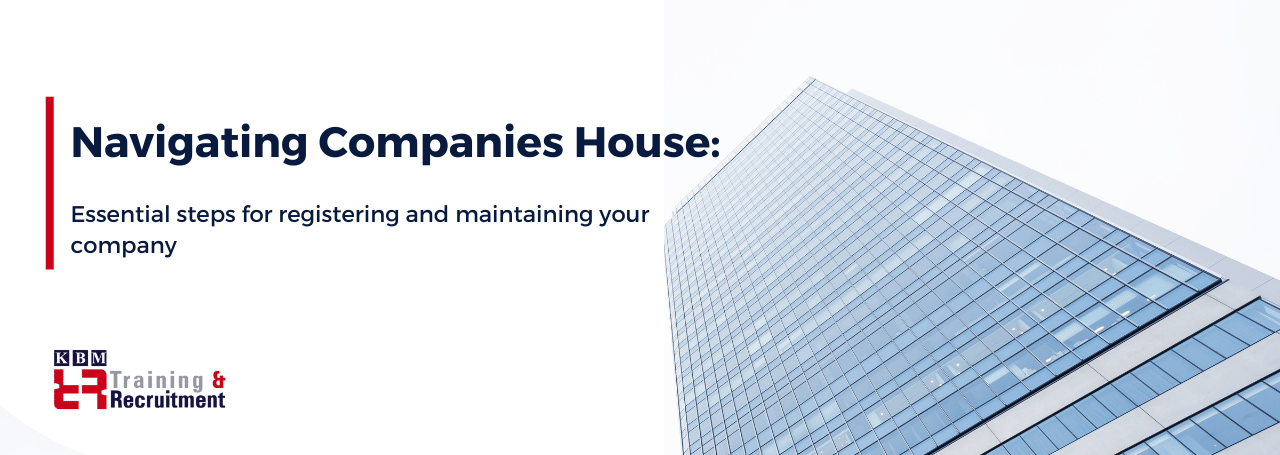Registering and managing a company with Companies House is an important part of running a business in the UK. This guide will explain the key steps you need to take to ensure your company is properly registered and stays compliant with regulations.
Registering your company
To get started, you need to choose a unique name for your company. It should not be too similar to existing names and must end with "Limited" or "Ltd" if it's a private limited company. Next, decide on the type of company structure that fits your needs, such as a public limited company, private limited company, or limited liability partnership (LLP).
Prepare the necessary documents for registration. You will need a Memorandum of Association, which shows that the initial shareholders agree to start the company, and Articles of Association, which outline how the company will be managed. You'll also need to provide details about the company's directors and a registered office address where official communications can be sent.
Using the Companies House website, you can register your company online. Also, you can do it by post. Online registration is usually faster, but choose the method that works best for you.
Filing annual accounts
After registering, you must file annual accounts with Companies House. These accounts include a balance sheet, profit and loss account, and other financial documents that show how your company is doing financially. The accounts need to be prepared according to UK accounting standards and submitted on time to avoid penalties.
Keep accurate and up-to-date financial records throughout the year to make preparing your accounts easier. Good bookkeeping helps ensure you meet all legal requirements.
Updating company information
It's important to keep your company details current. If there are changes, such as a new director, a different registered office address, or a new company name, you must update Companies House as soon as possible. Not doing so can lead to penalties and affect your company's status.
Regularly check that your company details are correct. This includes verifying your registered office address and ensuring the information about your directors and company secretary is accurate.
Keeping accurate records
Keeping proper records of all financial transactions and business activities is essential. Good record-keeping helps you prepare accurate annual accounts and ensures you meet Companies House requirements.
Using accounting software solutions or working with an accountant can make it easier to maintain accurate records and prepare necessary documents.
Handling company compliance issues
Sometimes, you might face compliance issues, such as queries from Companies House, discrepancies in your documents, or notices of non-compliance. Address these issues quickly to avoid penalties and keep your company in good standing.
Regularly check your company's compliance status and seek professional help if needed. Consulting a solicitor or accountant who knows company law can help you resolve issues and ensure your company follows all regulations.
Conclusion
Managing a company with Companies House involves paying close attention to details and following regulations. By understanding how to register your company, keeping your records accurate, filing annual accounts on time, updating company information, and addressing compliance issues, you can ensure your company runs smoothly and stays in good standing. Keeping up with these requirements helps you avoid problems and support the success of your business.






















